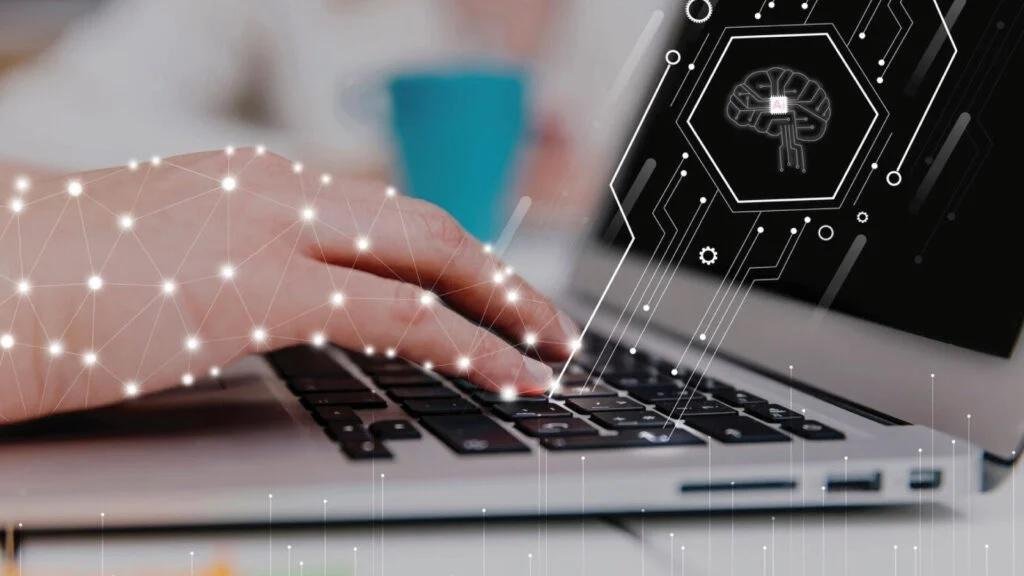Artificial Intelligence (AI) has been developing at a rapid pace and has been integrated into a growing number of applications across every industry. AI continues to widen its capabilities to assist in a variety of daily tasks but, as can be expected with any Internet-based technology, AI also has a dark side. As cyberattacks have grown in volume and complexity over the last few years due to Covid-19, what could cybersecurity and AI look like going forward? If you want to know more about how Covid-19 affected cybersecurity, check out our blog “Cybersecurity in the post Covid-19 world.”
What Is AI and Why Is It Getting So Much Attention Lately?
Artificial Intelligence is, in a nutshell, a technology that is able to start and augment tasks that are usually done entirely by humans. Like humans, AI learns from those tasks and applies those lessons to future actions, which in turn allows it to learn and improve the way it completes a task. Rinse and repeat. One of the well-known AI applications you may have heard of is ChatGPT, the powerful, fast-growing consumer app, capable of writing about endless topics with speed and sophisticated language skills based on a seemingly infinite depth of knowledge.
But did you know that AI has been around for decades? Take Grammarly for instance; this tool has been in circulation for 14 years and uses a powerful method of Generative AI to assist in writing proper sentences. Why has there been a massive upscale in AI visibility recently? After ChatGPT, a conversational AI model developed by OpenAI, burst onto the scene, it seems like there has been an acceleration of Artificial Intelligence implementations around the world. From image recognition, generation and optimization to website development, moderation and authorship, new uses for AI are continually being unearthed. Now that we see the potential of AI and how quickly it’s moving, that brings up the next question: will the power of AI be helpful or hurtful to cybersecurity as we know it, or both?
AI Entering the World of Cybersecurity
AI is already surprising the world of art by producing pieces in any style, on demand. It’s capable of digging up facts and writing on highly varied topics. If AI can act like a jack-of-all-trades while delivering the comprehensive power of high end search engines, why can’t they shatter security protocols too? Or perhaps enhance them?
It’s no secret that AI has been shown to be useful in automation and the same goes for AI in the cybersecurity field. Some AI security solutions are able to detect patterns to discover malicious code and make cyber predictions based on historical data. Some companies have also used AI by integrating it into their vulnerability and risk management programs to analyze their threat exposure and understand their security posture. It’s known that many security breaches involve human error, therefore the implementation of AI systems to monitor networks for all internal and external threats can assist in decreasing, if not entirely eliminating, these numbers. However, AI does not come without its own set of challenges and risks.
To Know More, Read Full Article @ https://ai-techpark.com/impact-of-artificial-intelligence-on-cybersecurity/
Read Related Articles:
